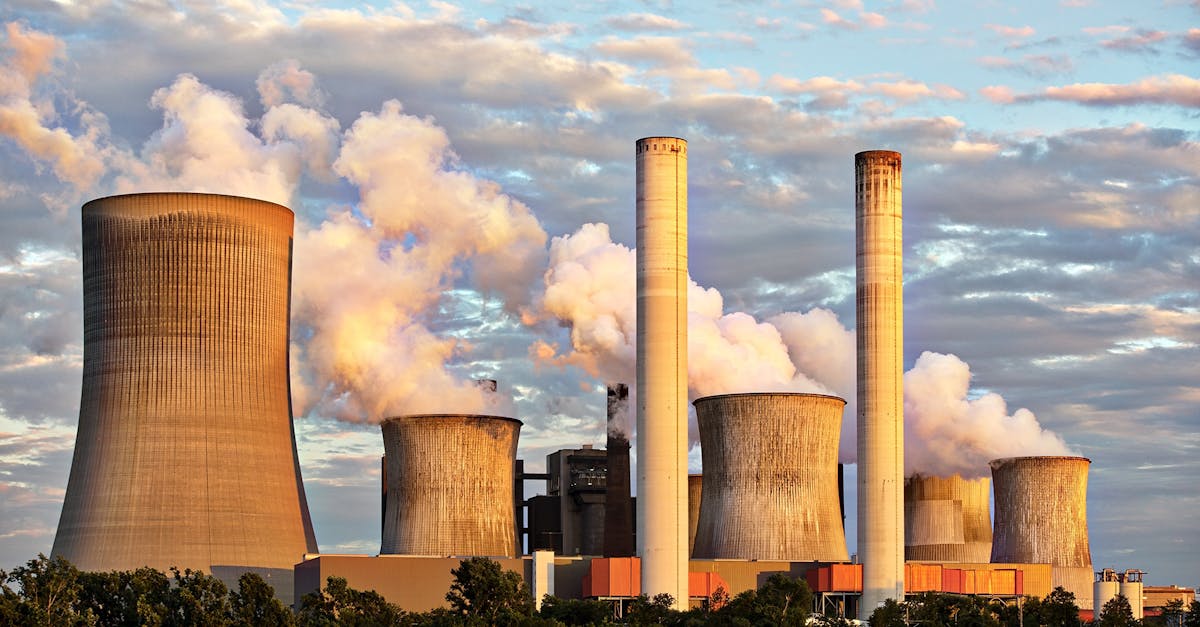A recent article from Hawaii Free Press highlighted a potentially significant issue regarding climate change lawsuits in Hawaii. The report suggests that while certain political factions are vocal about holding the fossil fuel industry accountable for climate change, a major campaign donor, Par Hawaii, the state's only oil refinery, is being excluded from related legal action. This raises questions about the influence of campaign contributions on policy decisions and the enforcement of environmental regulations. This situation has the potential to impact various aspects of the local business environment.
The implications of this situation are far-reaching. For entrepreneurs, particularly those in the renewable energy sector, the perceived uneven playing field could dampen investor confidence and slow down the state's transition to cleaner energy sources. It also raises ethical considerations for investors who may be wary of supporting companies that appear to benefit from regulatory loopholes. Furthermore, the issue touches upon the broader goals of the Sustainability & Resources initiatives in the state.
The exclusion of Par Hawaii from climate change lawsuits, while other oil companies are targeted, underscores a crucial tension between political rhetoric and actual policy implementation. This apparent discrepancy could lead to greater scrutiny of campaign finance practices and calls for increased transparency in government. Hawaii Business Magazine often analyzes these types of political and economic dynamics within the islands. Such scrutiny could prompt significant shifts in regulations, directly impacting businesses that rely on fossil fuels.
Beyond the immediate legal and political implications, this situation poses a risk to Hawaii's long-term sustainability goals. It could delay or dilute the state's efforts to combat climate change and transition to a green economy, ultimately affecting the stability and growth of related businesses and investment opportunities in the green sector. A study by the University of Hawaii's Economic Research Organization found that inconsistent climate change policies can negatively impact economic development.
Overall, the case serves as a reminder of the complex interplay between politics, business, and environmental regulations in Hawaii. Business leaders, investors, and community members need to carefully monitor these developments and advocate for fair and transparent policies to ensure a level playing field and a sustainable future for the islands.



